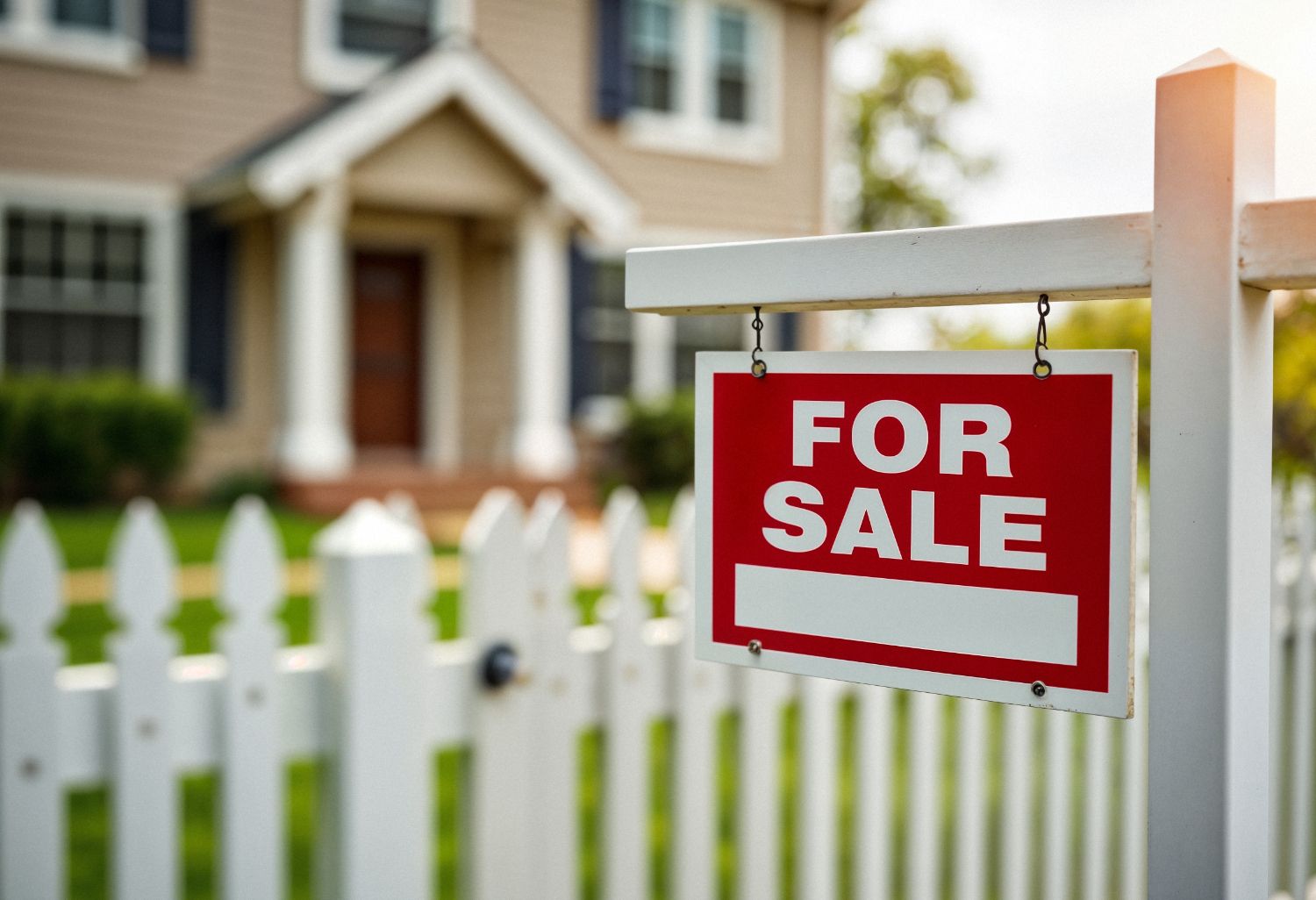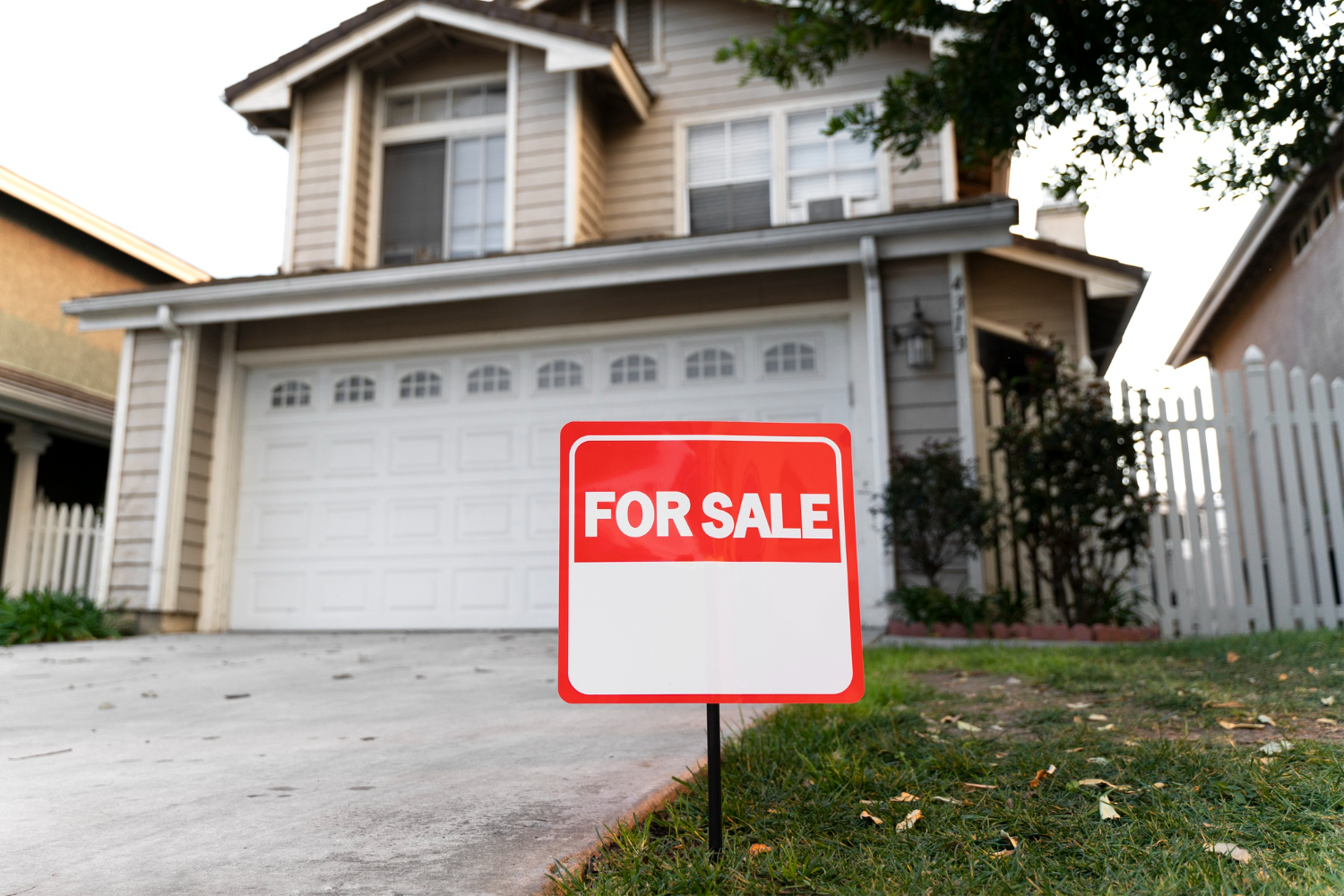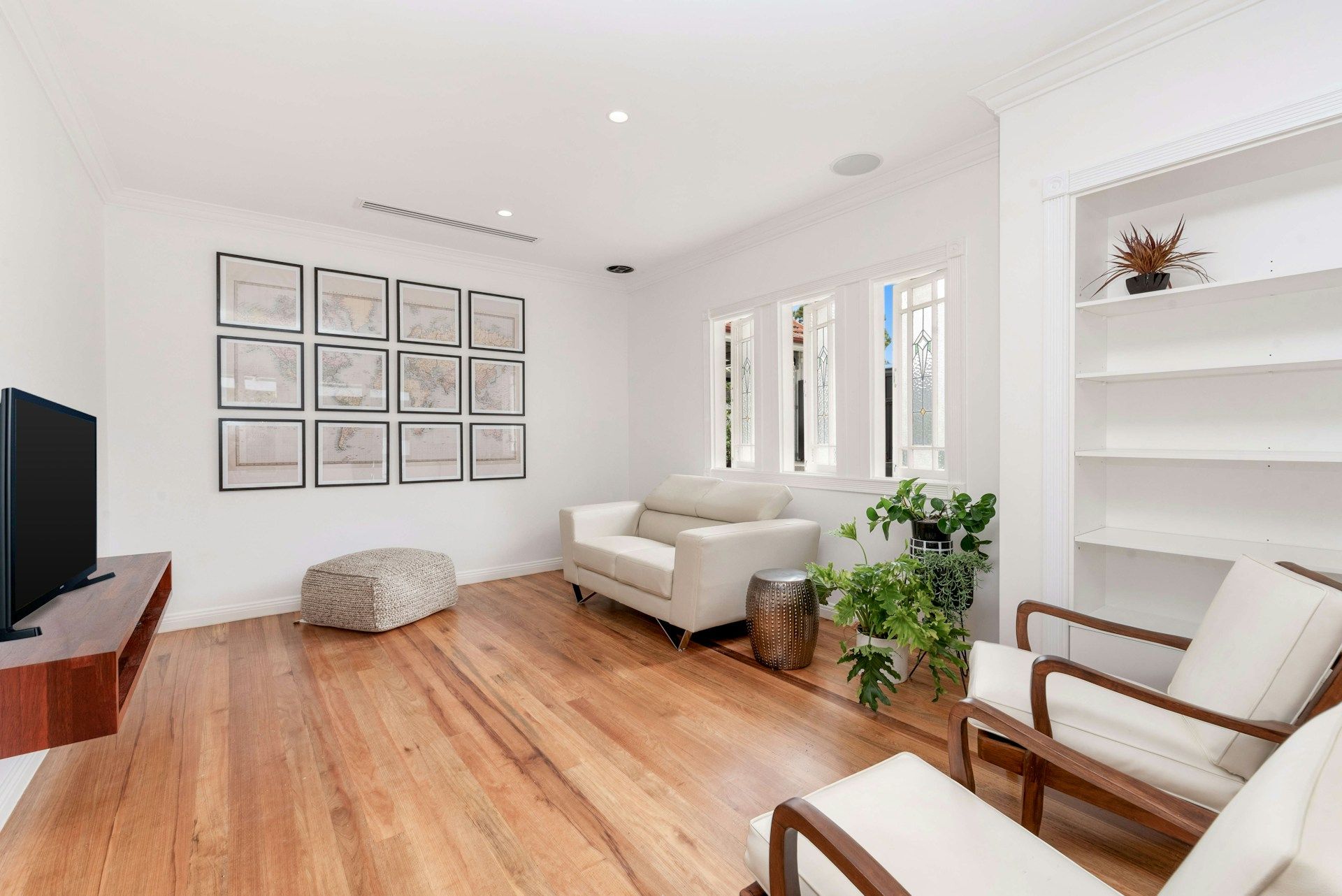Landlord vs. Seller: Which Makes More Financial Sense?
When it comes to real estate, homeowners often face a critical decision: should you sell your home or rent it out? Each option has its advantages and drawbacks, and the best choice depends on market conditions, personal financial goals, and long-term plans. In this guide, we’ll explore the pros and cons of being a landlord versus selling your home to help you determine the most financially beneficial path.
Understanding the Market
Before making a decision, it’s important to analyze the current real estate and rental market trends in your area. Key factors to consider include:
- Home Value Trends: Are property values increasing, holding steady, or declining?
- Rental Demand: Is there a strong demand for rentals in your neighborhood?
- Interest Rates: Low mortgage rates may make selling more attractive, while high rates could favor renting.
- Property Taxes & Expenses: Evaluate the cost of maintaining the home as a rental versus the potential profit from a sale.
- Home Value Trends: Are property values increasing, holding steady, or declining?
- Rental Demand: Is there a strong demand for rentals in your neighborhood?
- Interest Rates: Low mortgage rates may make selling more attractive, while high rates could favor renting.
- Property Taxes & Expenses: Evaluate the cost of maintaining the home as a rental versus the potential profit from a sale.
The Case for Selling Your Home
Selling your home can be a great option if you want immediate financial gains or need liquidity for your next investment. Here are some key benefits:
Pros of Selling:
Immediate Cash Flow – Selling your home provides a lump sum of cash, which can be reinvested in another property or used for other financial goals.
Immediate Cash Flow – Selling your home provides a lump sum of cash, which can be reinvested in another property or used for other financial goals.
Avoid Long-Term Responsibilities – You won’t have to deal with tenants, repairs, or property management issues.
Capitalize on a Strong Market – If home prices are high, selling allows you to maximize your return on investment.
Simplifies Taxes – Selling eliminates the need for ongoing rental income tax filings and property-related expenses.
Cons of Selling:
- Loss of Passive Income – You miss out on potential rental income and long-term property appreciation.
- Transaction Costs – Realtor commissions, closing costs, and potential capital gains taxes can eat into your profits.
Cons of Selling:
- Loss of Passive Income – You miss out on potential rental income and long-term property appreciation.
- Transaction Costs – Realtor commissions, closing costs, and potential capital gains taxes can eat into your profits.
The Case for Becoming a Landlord
Renting out your property can generate consistent passive income, but it also requires ongoing management and financial planning. Here’s why some homeowners choose to rent instead of sell:
Pros of Renting:
- Steady Income Stream – Monthly rent payments can provide financial stability and long-term wealth-building.
Pros of Renting:
- Steady Income Stream – Monthly rent payments can provide financial stability and long-term wealth-building.
- Property Appreciation – Holding onto your property allows it to increase in value over time.
- Tax Benefits – Landlords can deduct expenses like mortgage interest, maintenance costs, and property depreciation.
- Flexibility – Renting gives you the option to move back in later or sell when market conditions are more favorable.
Cons of Renting:
- Tenant Management – Finding reliable tenants and handling maintenance requests can be time-consuming.
- Upfront Costs – You may need to invest in repairs, marketing, and legal documents before renting.
- Market Risks – Rental income isn’t guaranteed, and vacancies or declining rental rates could impact profitability.
How to Decide: Key Questions to Ask Yourself
Still unsure whether to sell or rent? Ask yourself these questions:
1. Do I need immediate cash, or am I comfortable with long-term gains?
2. Can I handle property management, or would I need a property management company?
3. Is my local rental market strong enough to generate positive cash flow?
4. What are the tax implications of selling vs. renting?
5. Will I want to move back into the home in the future?
1. Do I need immediate cash, or am I comfortable with long-term gains?
2. Can I handle property management, or would I need a property management company?
3. Is my local rental market strong enough to generate positive cash flow?
4. What are the tax implications of selling vs. renting?
5. Will I want to move back into the home in the future?
Final Thoughts
Both selling and renting out your home can be profitable, depending on your financial goals and market conditions. If you prefer immediate cash and a clean break, selling might be your best bet. If you’re looking for long-term wealth and passive income, becoming a landlord could be a rewarding choice.
Before making a final decision, consult with a real estate professional to evaluate your options and maximize your investment strategy.
Before making a final decision, consult with a real estate professional to evaluate your options and maximize your investment strategy.
Categories
Recent Posts

Should You Sell or Rent? Understanding Your Best Option in Today’s Market

Landlord vs. Seller: Which Makes More Financial Sense?

Maximizing Your Home's Value: Small Upgrades That Lead to Big Profits

How to Turn Your Home into a Profitable Rental Property

Invest in Your Dream Florida Home: A Look at 1450 Moon Valley Dr

